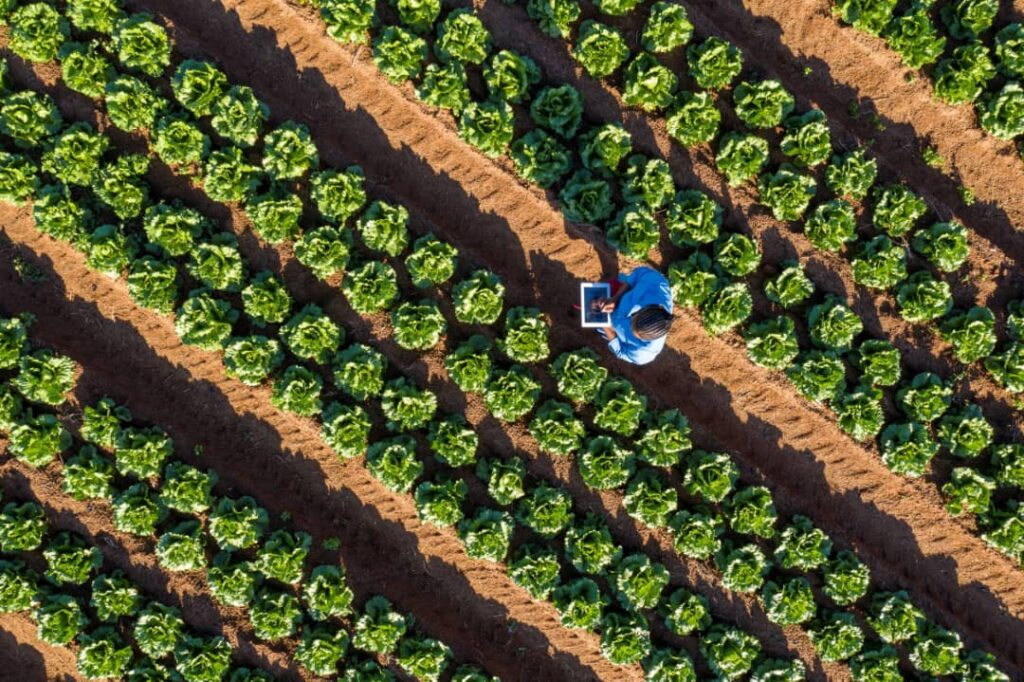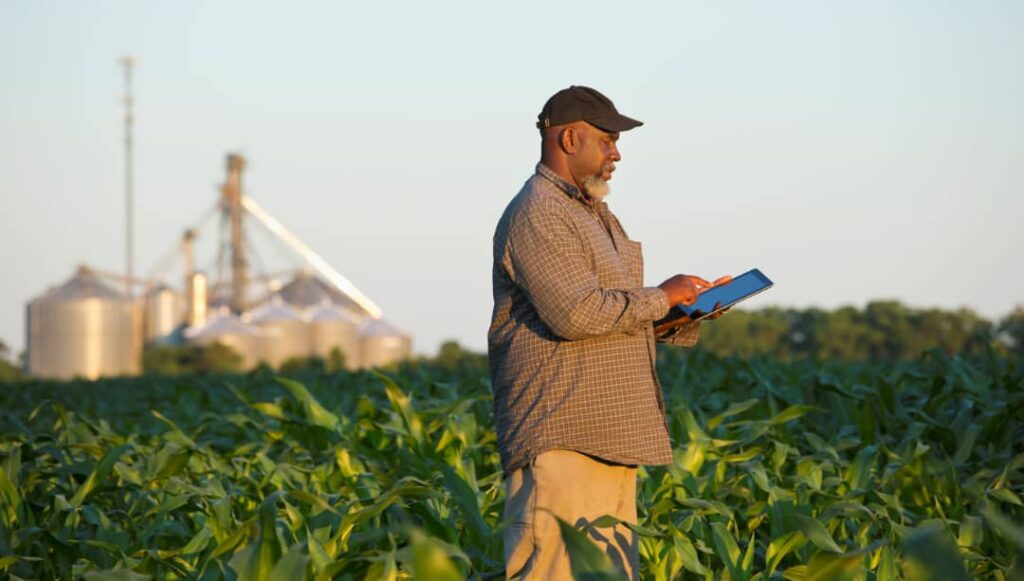
Tech firm IBM has launched a Sustainability Accelerator program to help Malawian smallholder farmers increase food and cash crop productivity while protecting themselves from climate change, extreme weather, and pollution.
IBM CSR Vice President Justina Nixon said in a statement that the company’s global Sustainability Accelerator program will be implemented in partnership with Heifer International, which will work with local farmers in Malawi and Honduras.
She said the project will apply IBM’s Hybrid Cloud and Artificial Intelligence (AI) and experts to enhance and scale non-profit and government organization operations focusing on populations vulnerable to environmental threats including climate change, extreme weather, and pollution.
“We believe that the power of science, technology and innovation can help tackle environmental issues while serving vulnerable communities exposed to environmental hazards. By pairing expertise and technology with the goal of improving the lives of populations most affected by environmental threats, we have the potential to make lasting, scalable impact,” said Nixon.
IBM’s program partner in Malawi, the Heifer International said the accelerator initiative will increase productivity, access to markets and livelihoods for the farmers and rural communities who feed the world.

Heifer International—which successfully finished phase I of the project last December—is collaborating with IBM to develop scalable and affordable digital solutions designed to equip farmers’ cooperatives in Malawi with weather and crop yield forecasts to help increase their yields and incomes.
“Through collaborations in Malawi and Honduras, Heifer International and IBM are supporting smallholder farmers to bridge the digital divide. We look forward to working with IBM through the Sustainability Accelerator initiative, supporting smallholder farmers as they leverage digital tools to reach sustainable living income. Our work will increase productivity, market access and livelihoods for the farmers and rural communities who feed the world,” said Elizabeth Magombo-Kabaghe, Innovations and New Initiatives Lead, Heifer Malawi.
Heifer International Malawi is working with farmers to apply climate-smart agricultural techniques in eight districts, namely namely Mzimba, Nkhatabay, Kasungu, Mchinji, Dowa, Lilongwe, Chirazulu and Thyolo.
The IBM Sustainability Accelerator is receiving proposals through a public tender process from non-profit organizations up to April 30, 2022. The proposals are focusing on clean energy. Selected organizations will receive support from IBM and partners for two years in two phases focusing on technology design and application.
Smallholder farmers in most parts of the Southern Malawi have been hit hard by the effects of Cyclone Anna, whose impact has been worsened by environmental degradation factors along the Shire river basin.
“Cloud, AI, 5G, quantum computing can all be put to work to drive a positive impact on big social issues such as climate change. Yet populations with the biggest needs are often those with the least access to technology,” said Silicon Valley technology analyst Carolina Milanesi and Founder of Heart of Tech in the statement.
“It is the responsibility of technology companies like IBM to make sure they are prioritized rather than left behind,” she said.



